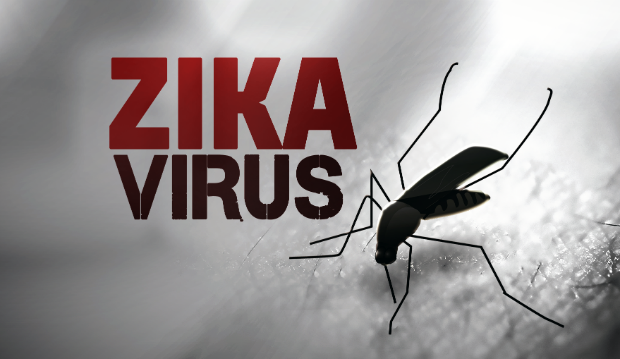
Summer weather may be warm enough to allow the mosquito carrying the Zika virus to spread as far north as New York and across the western United States to Los Angeles, according to a study by the National Center for Atmospheric Research in Boulder, Colorado.
Long-range forecasts call for a 40 percent to 45 percent chance that summer temperatures will be warmer than normal, allowing populations of the Aedes aegypti mosquito, blamed for spreading the virus in Latin America and the Caribbean, to expand their range, according to models run by NCAR and NASA’s Marshall Space Flight Center.
“Even if the virus is transmitted here in the continental U.S., a quick response can reduce its impact,” Mary Hayden, co-author of the study and a medical anthropologist with NCAR, said in a statement.
The Zika virus was found in Uganda in 1947 and has moved through the world’s tropical regions during the past 10 years, the researchers said. It reached Brazil last year and has spread in the warmer climates of the Western Hemisphere; more than 20 countries face pandemics.
For most people, the disease causes mild flu-like symptoms that clear up in about a week. “However, scientists are investigating whether contracting the disease during pregnancy can lead to microcephaly, a rare birth defect characterized by an abnormally small head and brain damage,” according to the statement.
(The Zika Virus Is Spreading Far and Fast | What You Need To Know)
Researchers used two models to simulate weather conditions and the mosquitoes’ life cycle across 50 cities in the United States, according to the paper, published Tuesday in PLOS Currents Outbreaks. Andrew Monaghan, an NCAR scientist, was lead author of the paper.
The insects, known to thrive in urban areas, rely on warm temperatures and water-filled containers such as buckets, barrels and old tires in order to hatch their eggs. The research suggest those conditions start to become favorable across the Southeastern U.S. and parts of Arizona in April. By June, all 50 cities in the study had the potential for being home to at least some mosquitoes, including St. Louis and Denver, where the insect hasn’t been detected yet, the study said.
Travel could also help spread the disease, while “lower-income residents can be more exposed to mosquito bites if they live in non-air conditioned houses or have torn or missing screens,” the study said.
(c) 2016, Bloomberg · Brian K. Sullivan

